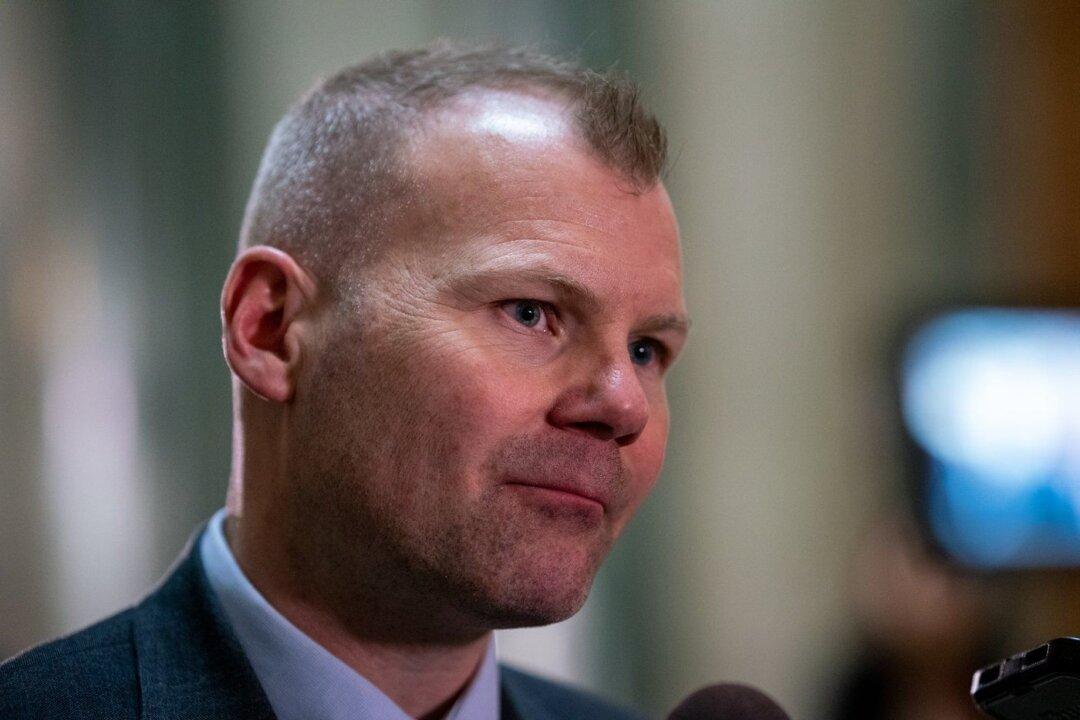Saskatchewan Education Minister Dustin Duncan is defending his government’s new policy on requiring parental consent before teachers can use children’s preferred names and gender pronouns, as opposition parties and activists raise objections.
“If we are requiring school divisions to get parental consent to go on a half-day trip to the Science Centre, then I think we need to be treating this issue with the same amount of seriousness,” Mr. Duncan said at a news conference on Aug. 22.





